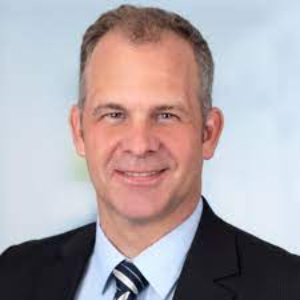Biography:
Andreas Till is an experienced and dedicated cell biologist whose research focuses on cellular stress pathways associated with (and potentially mediating) human diseases. He received his PhD at the University of Kiel in Northern Germany where he studied proinflammatory signaling and pathogen detection in the context of chronic inflammatory diseases. After receiving a research fellowship by the German Research Foundation (DFG), he worked for three years in the group of Suresh Subramani at the University of California San Diego (UCSD). Here he focused on molecular mechanisms that regulate selective autophagy, a vital subcellular degradation pathway involved in various diseases, including neurodegeneration and infection. Next, he joined the University of Bonn, Germany, as team leader and lecturer for Molecular Biomedicine. Besides his academic career, he also worked as senior scientist for the Life&Brain GmbH, a University – associated biotech company dedicated to applied research in the context of Central Nervous System disorders. In January 2020, he was appointed lab head in the Medical Clinic I, section for Metabolic Diseases. Over the last years, Andreas Till has specialized on in vitro cell models for human diseases, focusing on cellular stress pathways such as antioxidative responses, inflammatory signaling, autophagy and metabolic reprogramming. In particular, he was involved in development and application of cellular reporter systems for elucidating pathophysiological mechanisms underlying neurodegenerative, infectious and metabolic diseases. Very recent projects aim to elucidate the interconnection between diet, the gut microbiome and neural circuits to regulate energy and nutrient homeostasis in the context of obesity and its comorbidities. Dr. Till has published more than 60 papers, organized scientific workshops and presented his research at several international conferences in Europe, USA, Japan and China.





Title : In vitro modelling of brain development and neurodegenerative diseases